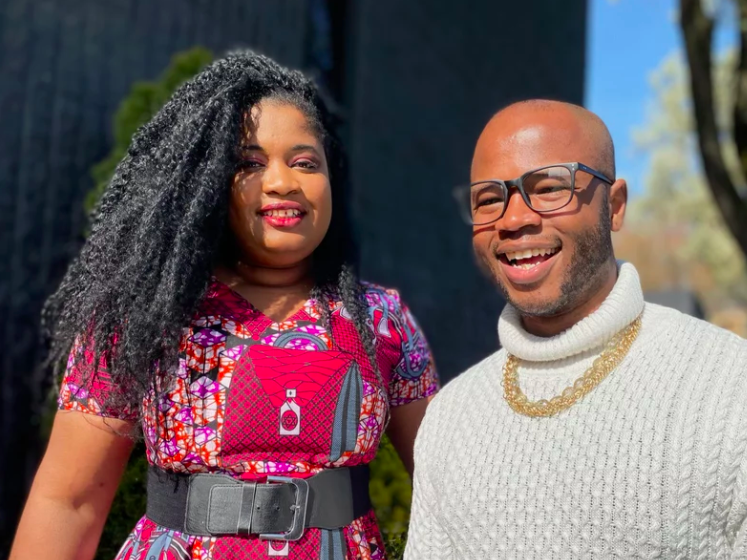
As some of the most contentious Black Lives Matter protests of 2020 erupted in Portland, Ore., last spring, 29-year-old Cameron Whitten started getting a deluge of messages. Friends from all corners of his life were checking in on him.
"At first I was like, 'Did something happen to me?' " says Whitten. Realizing people were just concerned about his well-being, he reached out to other Black people to ask: "Are you having white people message you too?"
It wasn't just that people were wanting to discuss with him the killing of George Floyd in Minneapolis, Whitten says. They wanted to make sure he was genuinely OK. This was a first. "Never in my lifetime of Black Lives Matter activism ever has that happened before."











